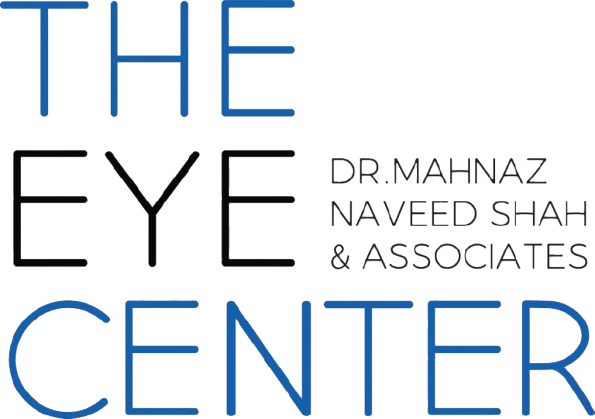Astigmatism Correction During Cataract Surgery in Karachi

Cataracts and astigmatism are two common eye conditions that often occur together, especially in older adults. While cataracts cause clouding of the eye’s natural lens, astigmatism results from an irregular corneal shape that leads to blurred or distorted vision. Fortunately, patients undergoing cataract surgery in Karachi can now benefit from advanced techniques that allow both […]
Glaucoma Drainage Device Surgery in Karachi: What to Expect
Glaucoma is a serious eye disease caused by high intraocular pressure (IOP), which can damage the optic nerve and lead to permanent vision loss if untreated. While many patients manage glaucoma with eye drops or laser treatments, these options are not always effective. In such cases, glaucoma drainage device (GDD) surgery in Karachi provides an […]
LASIK & Refractive Surgery in Karachi: Correcting Vision
Clear vision without glasses or contact lenses is now possible through advanced LASIK and refractive surgery options. At The Eye Center – Dr. Mahnaz Naveed Shah & Associates in Karachi, internationally trained refractive surgeons provide world-class treatments tailored to each patient’s unique visual needs. Advanced Refractive Surgery Options The Eye Center offers a wide range […]
Top Hospital for Corneal Transplant Surgery in Karachi
Corneal transplant surgery, also known as keratoplasty, is a sight-saving procedure that replaces damaged or diseased corneal tissue with healthy donor tissue. In Karachi, several hospitals and eye care centers offer this delicate surgery, but choosing an experienced team is crucial for achieving the best outcomes. Corneal transplants are commonly required due to conditions like […]
What Kind of Activity Restrictions Should I Observe After Glaucoma Surgery?
Glaucoma surgeries, such as trabeculectomy or tube shunt implantation, are designed to lower intraocular pressure and preserve vision. However, post-operative care and activity restrictions are critical to prevent pressure spikes, infection, or wound healing problems. Following glaucoma surgery, you should: Patients may be instructed to sleep with their head elevated or avoid sleeping on the […]
What Kind of Activity Restrictions Should I Observe After Retinal Surgery?
Retinal surgery whether for detachment, macular hole, or epiretinal membrane requires a strict recovery regimen to prevent re-detachment or pressure-related complications. Observing the correct activity restrictions is vital to preserve your vision. The most critical aspect of recovery is head positioning. If your surgeon has placed a gas bubble in your eye, you may need […]
What Kind of Activity Restrictions Should I Observe After Cataract Surgery?
Cataract surgery is a safe and common procedure, but post-operative care plays a critical role in ensuring a smooth recovery and excellent visual results. After surgery, patients must follow specific activity restrictions to protect the healing eye. For the first week after surgery, avoid: It is also important to wear protective glasses or an eye […]
My Eye Is Red After Cataract Surgery – Do I Need to Worry?
Mild redness in the eye is a common post-operative symptom after cataract surgery. It often results from minor blood vessel irritation during the procedure and usually fades within a few days. However, it is essential to differentiate between normal healing signs and symptoms that require immediate medical attention. If your eye is red but there […]
Are There Surgical Options for Glaucoma, and What Are the Risks?
Yes, surgical options are available for glaucoma, particularly for patients whose eye pressure remains uncontrolled despite medications and laser treatments. Surgery aims to enhance fluid drainage from the eye, reducing intraocular pressure (IOP) and preventing further optic nerve damage. The choice of procedure depends on the type and severity of glaucoma. Minimally Invasive Glaucoma Surgery […]
Vision Improvement After Cataract Surgery
Cataract surgery is a highly effective procedure that restores clear and sharp vision by replacing the clouded natural lens with an artificial intraocular lens (IOL). Most patients experience significant vision improvement within a few days, with optimal results developing over the following weeks. After surgery, many individuals notice brighter colors, reduced glare, and improved contrast […]
